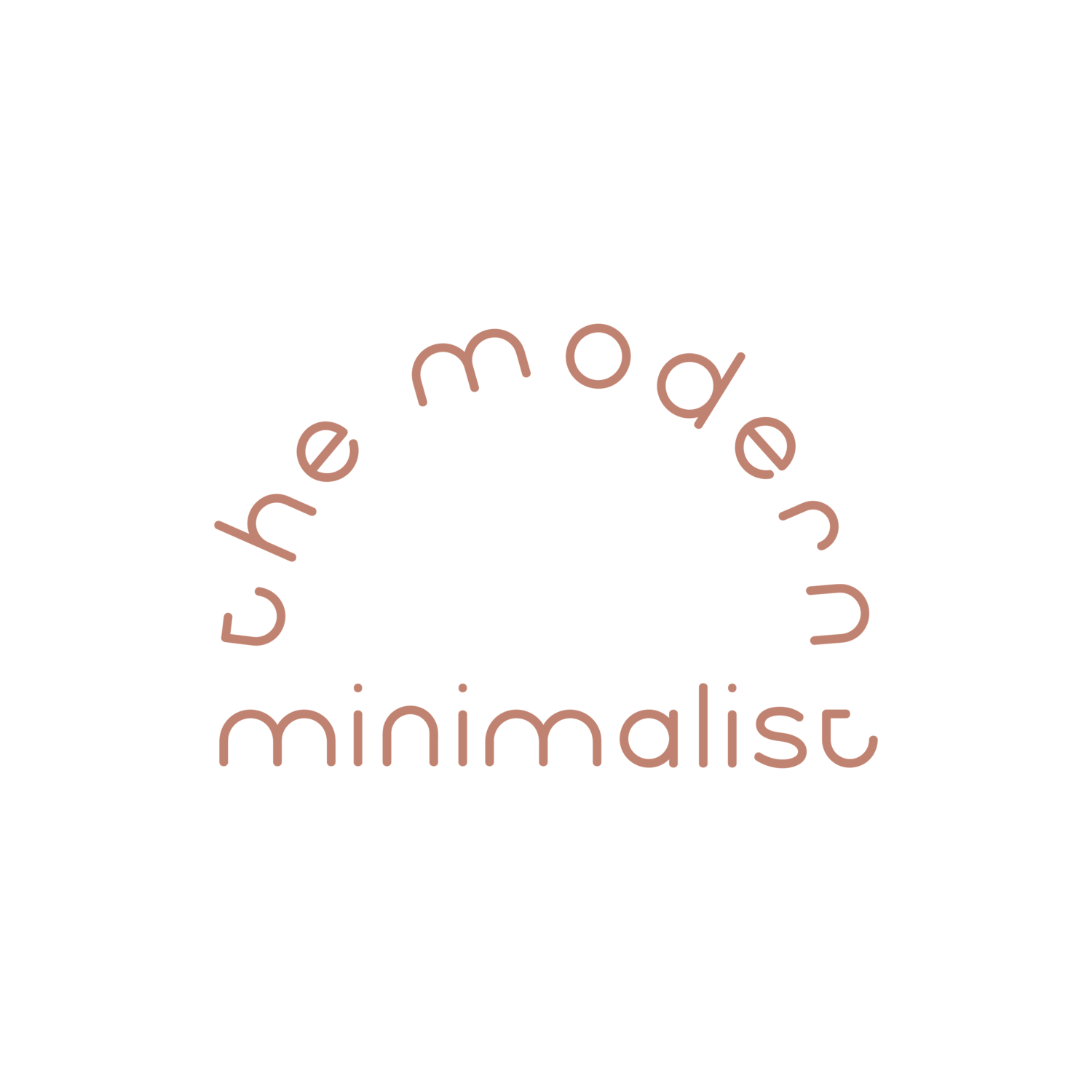archival organization
With each passing year, we collect more and more pieces of archival memories. Things like photo booth strips, polaroids, concert tickets and wristbands, graduation announcements, birthday cards, and so much more. For sentimental humans, the discussion of what to do with these pieces is a difficult one. They get placed in drawers and boxes where they aren’t regularly seen or enjoyed, scattered around the house, they aren’t organized and are generally speaking just contributing to a state of clutter and overwhelm. The purpose behind keeping pieces like this when it feels appropriate is to be able to look back, reflect on the good times, and have a piece of a memory that has long since passed. But are we truly getting the value out of storing these items if they are tucked away out of site and just adding another task to an ever-daunting to-do list?
photo albums
Photo albums are one the oldest and most classic solutions for storing classically sized photographs. These days you can also buy albums for specific sizes of Polaroid photos, photo booth strips, and albums with pockets to hold certain memorabilia. Even better, photo companies like artifact uprising and shutterfly can create beautiful photo books from all your digital memories. Now, before jumping into the task of organizing these items into their new storage solution, you should take a moment and go through them thoughtfully. Think about if these are pieces that serve you, if they hold happy memories, or if are they memories that are tying you back to a space and time that no longer serves you. Condensing things into dedicated and organized spaces will encourage you to visit them more often, and get the true joy and purpose out of holding onto them. Not to mention, when things are neatly contained between the pages of a book they are far less bulky and cumbersome.
scrapbooks
Scrapbooks are in a similar vein to photo albums, however, they hold a bit of a crossover between a gallery and a journal. Scrapbooks encourage interaction with the contents of its pages and go beyond just showcasing a memory, they encourage you to be interactive with it. Putting in quotes, creatively crafting themed pages dedicated to specific events or periods. Scrapbooks tend to take a chronological path if they are being produced in order of events happening and contents being input, and they give a more curated, colorful, and telling story of the memories within them and can be passed down in families with an additional storytelling effect behind it. The process of producing scrapbooks can also be cathartic, with similar elements to journaling it can provide an outlet for emotions regarding events.
digitization
Not everything tangible needs to remain tangible to be effectively archived. These days there are companies that will take your precious memories and digitize and organize them for you either into simple file folders, or you can create digital products from them, that can be shared among friends and family virtually rather than being a sole copy that only one person holds onto. You can create shared drives of photographs, and make calendars books, or gifts for people from them. By freeing up the physical space of these items it allows you to make room for more new experiences and memories without having it intrude upon the physical space in your home, which can be overwhelming. Having things digitized also makes easy access and less time spent searching for things when you need them. If you’re traveling and want to show photos to family, all you have to do is pull the file up, rather than have a whole photo album with you. Less time spent looking for things in our homes and lives means there is more time available to us to do things for ourselves, pursue goals, and spend time with loved ones.
ARTWORK
Like scrapbooks, this might not be an attractive option to everyone. Artwork, specifically collages or vision boards that are made from archival elements can be a way to find purpose for these pieces that also puts them in front of us on a regular basis to spark joy, provide comfort, or encourage us to achieve our goals. Was there a trip you took that had powerful and inspiring imagery that encouraged you to try something new, make a life change, or set a goal? Perhaps a trip to Europe that made you want to travel more. Or a visit to New York that made you realize you wanted to make a change and move to the city. Did you go to an event or a business that inspired you to want to create something of your own? All of these examples would be great places to start with a collage or vision board. Sometimes taking memories and turning them into artwork and providing a purpose beyond sentimentality can be beneficial. for our homes and personal spaces.
Do you have to pick one method?
Absolutely not. Sometimes the answer as to what to do with these items isn’t a single solution that fits all, sometimes we need to pick and choose. Perhaps the bulk of the candid moments go into digitization, while the favorite memories are the ones encapsulated in albums and scrapbooks. Maybe everything gets digitized except for the instant film like photo booths and polaroids. Or maybe you digitize EVERYTHING and still choose to keep some of the original pieces. There isn’t a right or a wrong answer. Whichever solution feels like it fits you best is the one you should go with. It is also okay to start conservatively and see how you feel. You can always go back through and do another edit later to reevaluate.
